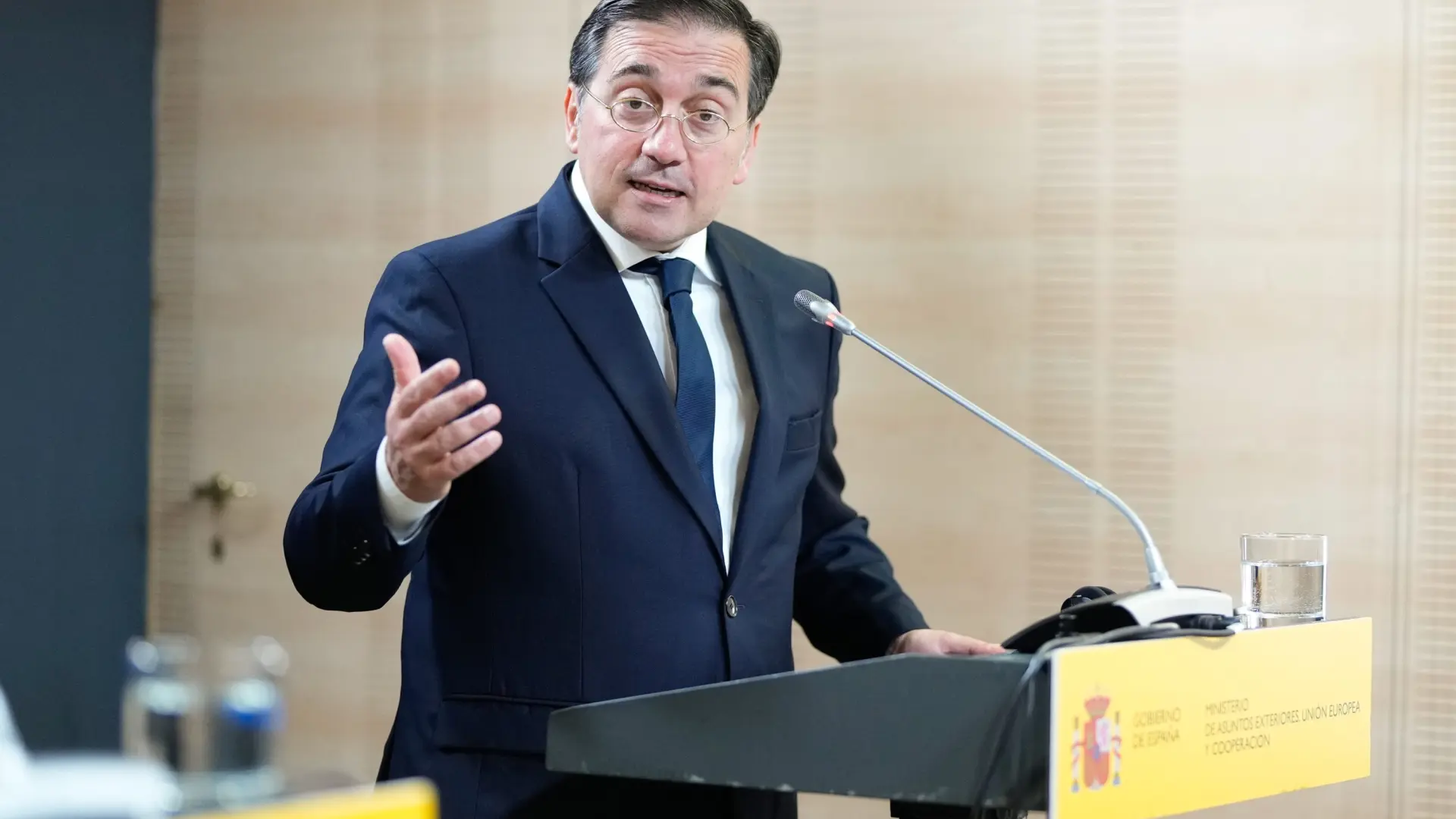The undisputed victory of Keir Starmer’s Labour Party in the UK election held last Thursday will be decisive new interlocutors at the negotiating table are Spain, the European Union and the United Kingdom has been going on since 2016 to try to reach an agreement Gibraltar’s new status after Brexit. Despite the sensitivity of international diplomacy to the changes, no one expected any changes to the text of the agreement that was already “very advanced” with Rishi Sunak’s previous Cabinet, after the Foreign Secretary, José Manuel Albares, and his then counterpart David Cameron met in Brussels, on May 16, at a meeting sponsored by the European Commission vice-president in charge of the talks, Maros Sefcovic.
In fact, This week the first contact between Albares and David Lammy took placewho holds the Foreign Affairs portfolio in Starmer’s Labour Executive. Spain’s diplomatic chief indicated that the two countries would work together in this new, open phase “to continue strengthening Spanish-British relations for the benefit of our citizens and to reach an agreement on Gibraltar.”
Hopes for a settlement of the talks were high at a May meeting between Spanish ministers and Cameron, who was briefly in charge of British diplomats and the ‘prime minister’ who allowed the ‘Brexit’ referendum. Albares came to the meeting full of hope and stated that he saw no obstacles to moving forward.. But in the end there was no white smoke. In a joint statement from Spain, the European Commission and the UK, the three main actors in the agreement only highlighted that the agreement was “getting closer” and stressed that The working group will continue talks, albeit at a lower level and focused on pending issues..
This is a missed opportunity, adding to the uncertainty surrounding Gibraltar’s future status. With less than a month to go until the European elections and Sunak has brought the UK general election forward to this July. With that in mind, the outstanding issues in the negotiations continue to revolve around control of the British colony’s airport – one of the most contentious aspects – and the movement of goods and people on the Rock. There is therefore more to cover than just the periphery.
The idea is, for now, keep negotiations on the marked track and seek a new meeting after the summerafter the new European Commission position is determined following the elections on June 9.
The latest proposal from the Community Executive is for the Frontex Agency to be in charge of border controls, to avoid the presence of Spanish agents on the Rock, as requested by London. And regarding the import and export of goods, Tax harmonisation proposed to bring Gibraltar closer to the rest of Europe. Issues such as equalising pensions for Gibraltarians and itinerant workers from the Rock, which is around €400 a month lower, also remain unresolved.
No voting rights
Paradoxically, those most concerned by the agreement, the 32,649 registered residents of the Rock and the roughly 15,000 Spanish workers who cross the border every day, did not participate in the UK election on Thursday. Gibraltar is not part of the 650 constituencies that directly elect their representatives to the Palace of Westminster because it is an overseas territory and has its own jurisdiction.
That did not stop the Rock’s chief minister, Fabian Picardo, from celebrating the “historic” victory of Starmer’s Labour party – a “sister party” of his own, he said – and declaring that “after the pause due to the election campaign, what must be done now is to accelerate and continue to try to reach a definitive agreement that we all won.” The Gibraltar leader was “confident” that there would be no change in position, stating that, in his firm opinion, “there will be no tax harmonisation between Gibraltar and Spain”. This is the first time that socialist parties have led the Rock countries and Spain and the UK; an “ideological solidarity” that, without a doubt, “will help,” Picardo stressed.

“Web specialist. Incurable twitteraholic. Explorer. Organizer. Internet nerd. Avid student.”






